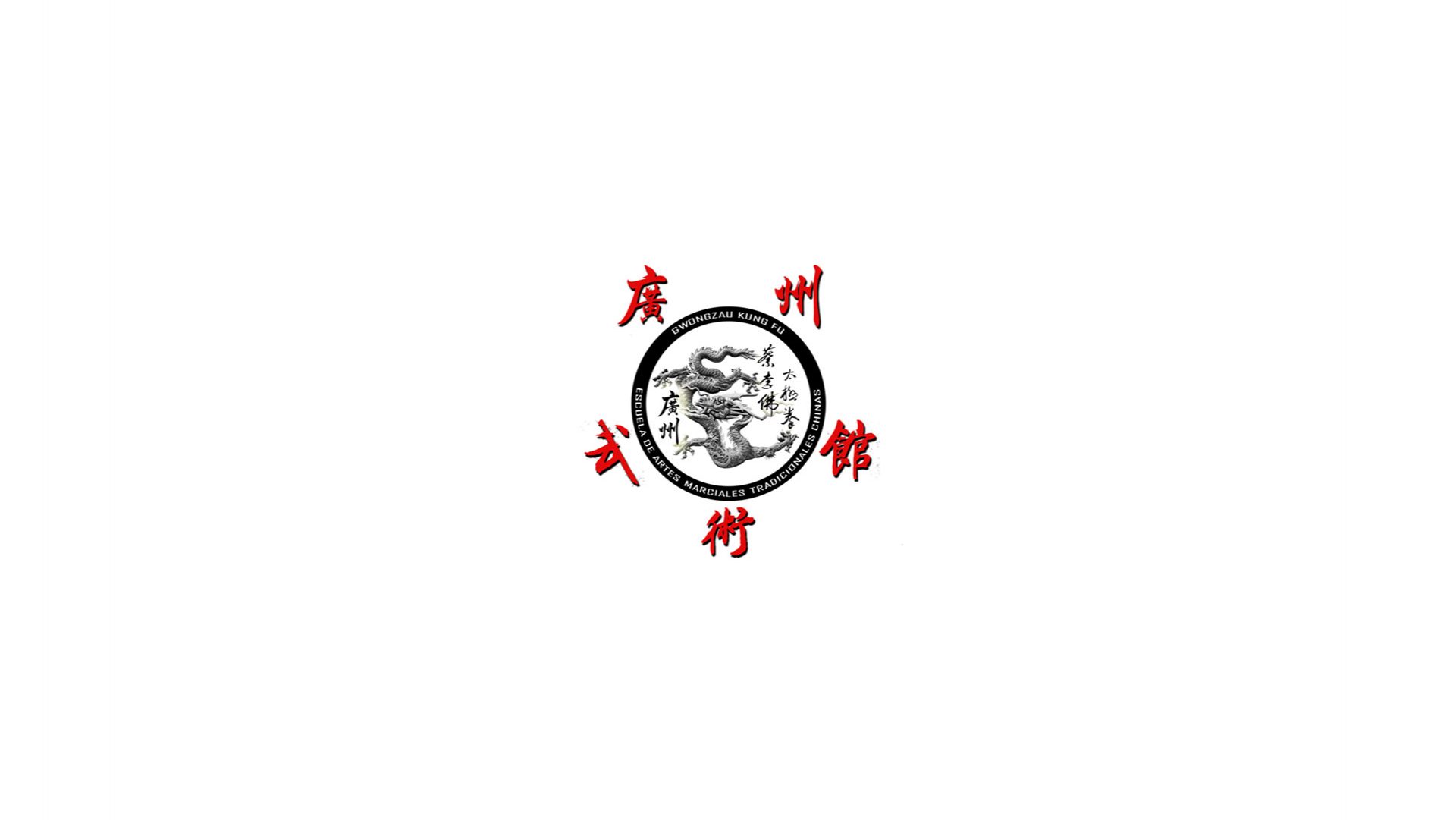Each strike is unique, and will not happen again.
Oriental martial arts are linked in some way to spirituality. Many martial styles are directly influenced by certain philosophical-religious systems, such as Choy Li Fut 蔡李佛 by Shaolin Buddhism, or Tai Ji Quan 太極拳 by Taoism. Some of them incorporate meditation practices in different ways, but even those who do not do so directly have an important meditative component in their practice.
Meditation is simply an attentional process; it is defined by the fact that we focus our attention intentionally and consciously on something that is taking place in the present moment. This focus of attention can be breathing, bodily sensations, hearing; in general, any aspect of reality that is taking place here and now. This attention can be inclusive, if the focus is broadened to encompass a greater range of present reality, or exclusive, when it focuses on a narrower range of reality excluding everything that is left out.
Every martial artist develops this mindfulness during his practice.
This attention is applicable to any aspect of daily life. One enters a state of meditation or mindfulness when he is totally focused on the activity he is doing right now, whether it is washing the dishes, painting or simply breathing, leaving out any thoughts pertaining to the past or the future. To meditate means to be present, and it has more to do with feeling than with thinking.
Every martial artist develops in his practice, either consciously or unconsciously, this mindfulness. During practice, attention must be fully focused on the body, on movement, on breathing, and nothing else should exist. Someone who, while training, is thinking about what has happened to him during the day, or about the tasks he has to do afterwards, is "absent" in his practice, and this person will not be able to reach mastery in the art, to attain Gong Fu.
Kung Fu must therefore become a meditation in movement, and must serve to develop attention in the present moment. This attention has to be transferred later to all areas of our daily life. Happiness is based on being present, since anguish is caused by thoughts about the future or the past, comparing what "is" with what "should be". If we are able to use our Kung Fu to reach this degree of presence, then martial practice becomes something spiritual, an activity that elevates the human being over his thoughts to merge it with the present moment.
In martial training it is necessary to practice countless repetitions of movements and strikes to achieve muscle memory and technical excellence in each one of them. Many students find these repetitions tedious; these people will not achieve a high degree of skill in the martial art. The highest concentration is necessary in each of the repetitions; each strike requires the maximum presence.
When we trained in class different series of strikes, with countless repetitions, my Sifu Pedro Rico used to say: "Each blow is unique, and it will not happen again". I have always found in this phrase the highest Buddhist teaching: each moment is unique; when you stop being present for a moment, that moment has already vanished and you can never recover it. Life is ephemeral; to live it, it is necessary to abandon past and future and to live in the present.
The ordinary person believes that each hit is the same as the next, and as he foresees a countless number of repetitions, he passes most of them without being present except than perhaps in a few. The true martial artist puts mind and heart into each movement, and through attention finds what makes each one unique and unrepeatable, thus improving the technique in each movement, and not allowing a single moment to pass without being present. In addition, this person will achieve through his martial practice a high spiritual quality.
To attain Gong Fu, we must therefore find in each series, in each repetition, a unique opportunity to improve, and practice meditation as a separate activity, but also as an indissoluble activity of the rest of daily activities. Because, perhaps, the perfect blow does not exist, but the perfect presence does.
